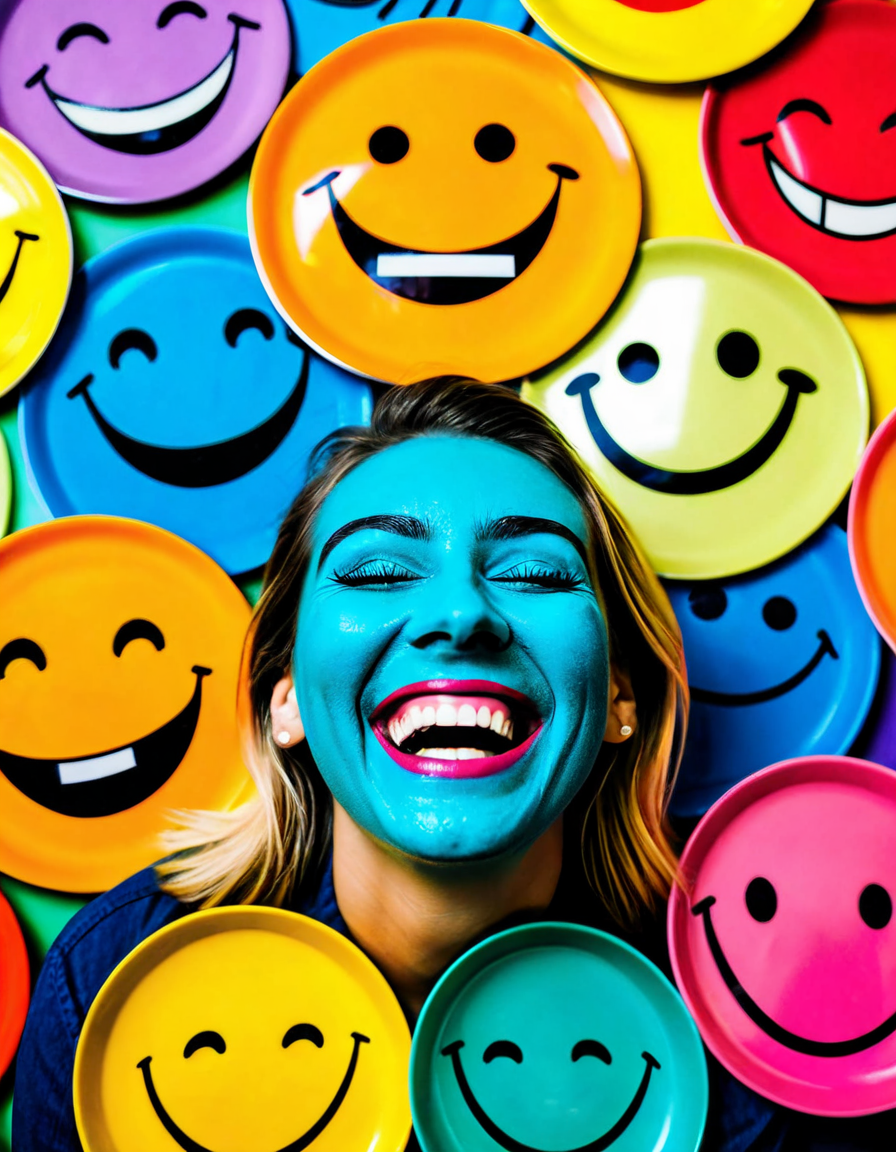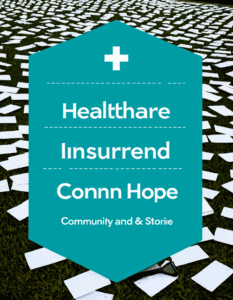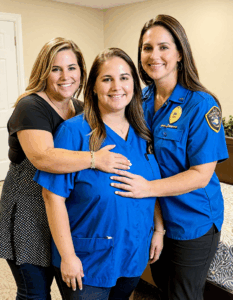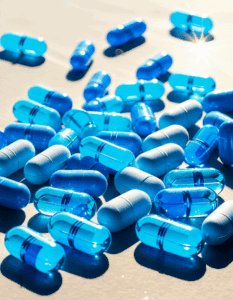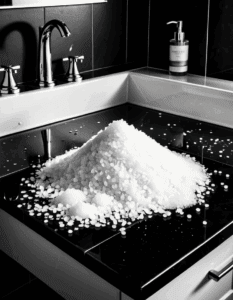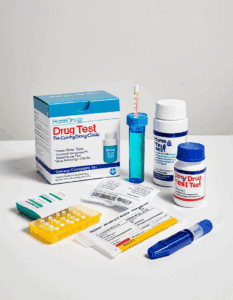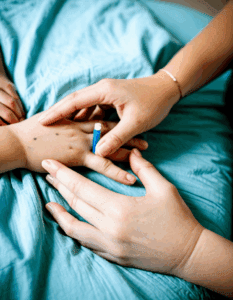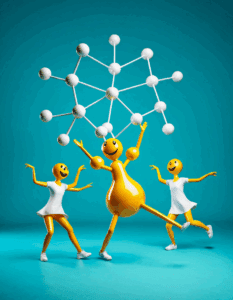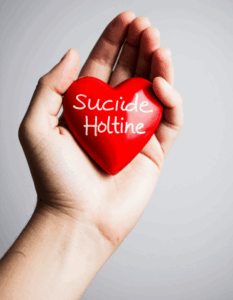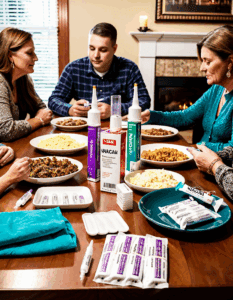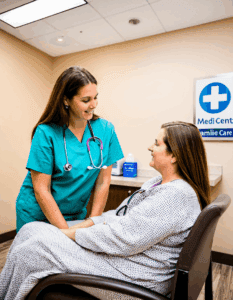The journey through major depressive disorder (MDD) can feel like a deep, dark tunnel with seemingly no exit. Millions face such a struggle, making knowledge of transformative treatments invaluable. Understanding major depressive disorder treatments empowers individuals and their families to find the right approach. As we explore various therapeutic avenues, let’s recognize that, while the road to recovery may vary, every step towards healing matters.

A Comprehensive Overview of Major Depressive Disorder Treatments
Major depressive disorder, with its profound impact, requires a careful blend of compassion and strategy in treatment. It’s essential to recognize that these treatments encompass not only medication but also lifestyle changes and psychological support. Parents, who often carry the burden of seeing their children struggle with addiction, must also understand the role MDD plays in that cycle. The intersection of addiction and depression can complicate recovery paths, making comprehensive treatments for major depressive disorder absolutely critical.
Here’s the best part: there’s a multitude of approaches available! By equipping ourselves with knowledge about treatments, we open up pathways for healing. The potential for transformation lies in finding what resonates most with each individual. The goal is to foster hope and resilience, paving the way toward recovery for both individuals battling MDD and their families.

Top 7 Major Depressive Disorder Treatments That Can Change Lives
1. Cognitive Behavioral Therapy (CBT)
Cognitive Behavioral Therapy is a go-to for tackling major depressive disorder. This form of therapy digs into negative thoughts and behaviors, helping to unravel the mind’s snarl. Studies show that when combined with medication, CBT can be just as effective as antidepressants for many patients. For teens, there’s innovative support through apps like Woebot, bringing accessible CBT tools right to their fingertips.
2. Antidepressant Medications
Medications can be a game-changer in the fight against MDD. SSRIs (Selective Serotonin Reuptake Inhibitors), like Prozac and Zoloft, are staples in treatment plans. Research consistently highlights that pairing medication with therapy usually brings the best results. This combined approach can be particularly crucial for those grappling with generalized anxiety disorder symptoms along with their depression, enhancing mental health outcomes.
3. Mindfulness-Based Stress Reduction (MBSR)
MBSR is a beacon for many striving for mental well-being. Developed by the University of Massachusetts Medical School, this technique teaches individuals how to foster awareness and regulate their emotions. By practicing mindfulness, many find significant relief from depressive symptoms. It’s a simple, yet powerful approach that resonates with people looking for inner peace amidst external chaos.
4. Exercise and Physical Activity
Never underestimate the power of moving your body! Regular physical activity helps ramp up serotonin and dopamine levels—the feel-good chemicals. Programs showcasing initiatives like The 5K Your Way encourage many to run or walk in support of mental health, demonstrating that participation in a community event can transform one’s perspective on life and well-being.
5. Transcranial Magnetic Stimulation (TMS)
TMS is an exciting and non-invasive option for those whose symptoms resist traditional treatments. This method harnesses magnetic fields to stimulate nerve cells in the brain, showing promising results for many individuals. Landmark studies indicate that TMS effectively alleviates symptoms for those not responding to standard medication, offering renewed hope in the battle against depression.
6. Ketamine Therapy
In recent years, ketamine therapy has emerged as a notable rapid-acting treatment for major depressive disorder. Unlike traditional treatments, ketamine infusions can lead to noticeable improvements within hours. Clinics like Ketamine Clinics of Los Angeles showcase remarkable success stories, transforming the lives of patients who have faced MDD with decades of resistance.
7. Support Groups and Community Resources
Don’t underestimate the power of connection. Engaging in support groups can be vital in navigating the healing process. Organizations like NAMI (National Alliance on Mental Illness) provide resources that help individuals connect with others sharing similar struggles. There’s strength in community; many find their shared experiences to be a lifeline during tough times.
Recognizing the Intersection with Anxiety and OCD
Addressing the co-occurrence of major depressive disorder and conditions like generalized anxiety disorder (GAD) and obsessive-compulsive disorder (OCD) is essential. Many individuals experience both MDD and anxiety, leading to a need for integrated treatment approaches. Acceptance and Commitment Therapy (ACT) have shown great promise in managing GAD symptoms while simultaneously supporting those facing depression.
Moreover, exposure therapy can assist in alleviating OCD symptoms, which can often accompany depression. By shining a light on this interconnectedness, treatment providers can craft plans reflecting each individual’s challenges, paving the way for effective recovery.
Innovative Approaches Leading to Change
As we progress through 2026, there’s a growing focus on innovative mental health solutions. Technology is playing a big role in this shift, offering new avenues for care. Companies like Headspace and Calm have gamified aspects of mental health, bringing engaging mindfulness practices to a wider audience. This increasing accessibility helps normalize conversations around depression and its various treatments.
Social media also acts as a powerful tool for connection. It opens doors for advocates to share personal narratives, fostering supportive communities. Together, these platforms break the stigma surrounding major depressive disorder treatments, cultivating a culture ripe for understanding, support, and healing.
In the end, everyone grappling with major depressive disorder deserves to find hope and healing. It’s a reminder that major depressive disorder treatments can significantly transform lives, offer fresh beginnings, and lead to profound changes. The pathway to recovery may not be linear, but with the right tools, alongside compassionate support from organizations like Mothers Against Addiction, families can find resilience and strength together.
Major Depressive Disorder Treatments That Transform Lives
Exploring Treatment Options
When discussing major depressive disorder treatments, the array of available methods can be surprising. From therapy to medication, there’s a lot to consider. For instance, cognitive behavioral therapy (CBT) has shown remarkable results for many people with major depressive disorder. Did you know that depression is sometimes confused with manic depressive disorder? Understanding these differences is crucial for effective treatment. While it may not be universally wrapped up in a tidy box, being well-informed is half the battle.
Moreover, the role of lifestyle changes can’t be ignored. Things like exercise and social support are often beneficial. Speaking of support, did you know that organizations like Mothers Against Addiction offer valuable resources for those dealing with problems like phone addiction? Finding the right support network can be transformative. It’s like the difference between catching a fly ball during a Baltimore Orioles game versus sitting on the sidelines; participating makes all the difference!
Fun Facts About Treatment Innovations
Innovation in major depressive disorder treatments is continually on the rise. For example, there are exciting new therapies combining mindfulness practices with technology, making treatment more engaging. And hey, if you’re a fan of film and TV, you might recognize talented actors like Erika Christensen, who have used their platforms to speak out about mental health issues. Her advocacy helps shed light on the seriousness of depression, just as films like Lucy Shimmers And The Prince Of Peace explore these profound themes in storytelling.
Interestingly, some studies have shown that certain types of meditation can significantly improve mood regulation. Imagine finding relief not just in traditional therapy but through something as simple as being present. It’s even been reported that people dealing with cannabis withdrawal might benefit from these techniques, highlighting the diversity of approaches available. Today’s landscape is more inclusive and inventive than ever.
Navigating Your Journey
Navigating the various major depressive disorder treatments can feel a bit overwhelming, but it’s important to remember that progress is possible. Did you know that even the entertainment industry is addressing mental health, such as shows featuring the Reacher cast that tackle complex personal challenges? Pop culture has a profound ability to shape perceptions, which can lead to greater community understanding.
Don’t forget about holistic methods! Many are uncovering benefits from integrating practices like yoga, nutrition, and mindfulness into their treatment plans. This multifaceted approach can sometimes be what someone needs to truly feel better. And in case you ever wondered about the impact of alcohol on mental health, resources are out there to help you connect those dots. Can alcohol lend itself to feelings of depression? Yes, and understanding those connections is key to whole-person healing.
So, whether you’re looking into medication or exploring non-traditional therapies, the truth is that major depressive disorder treatments are diverse and growing. There’s no one-size-fits-all solution, and that’s okay!
